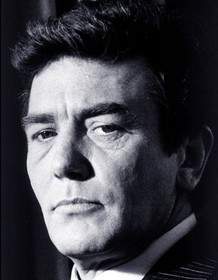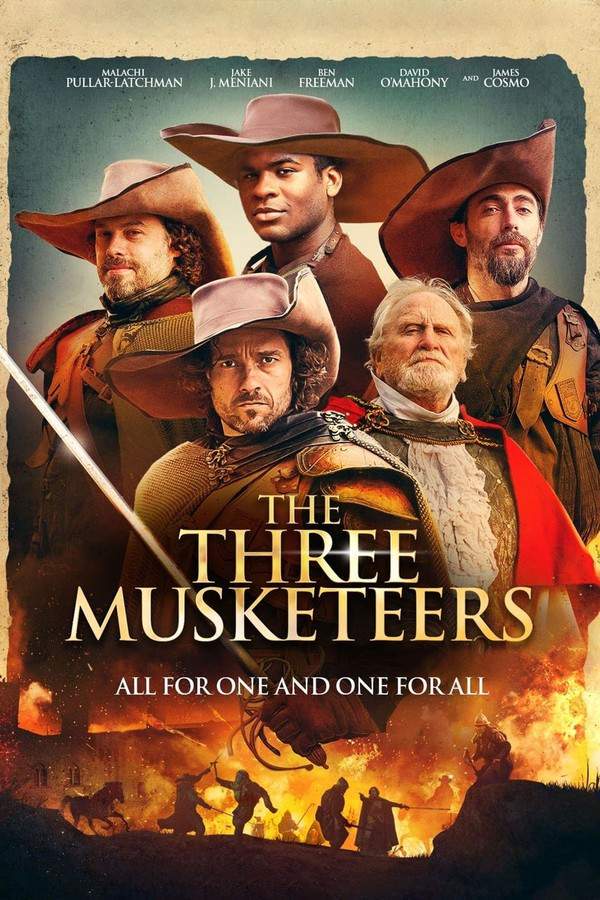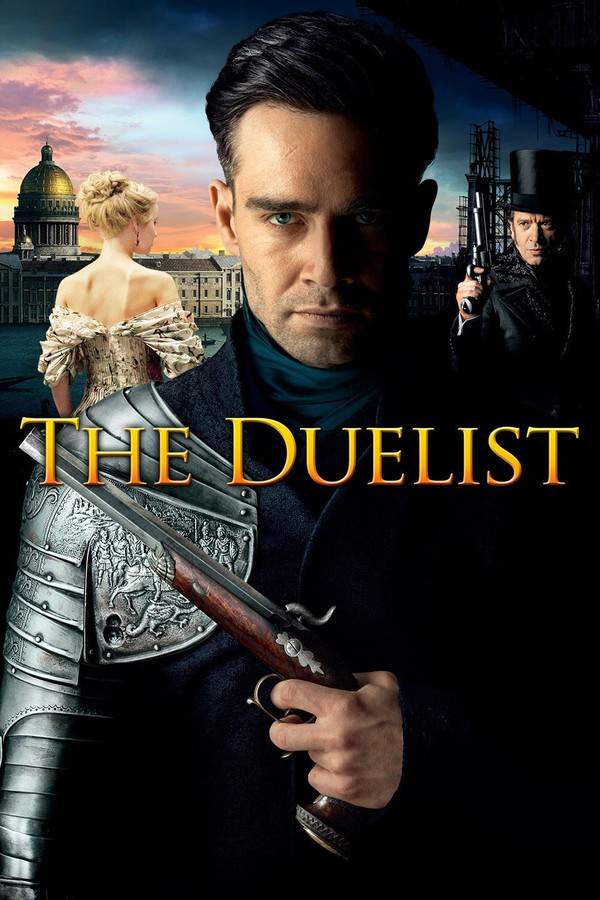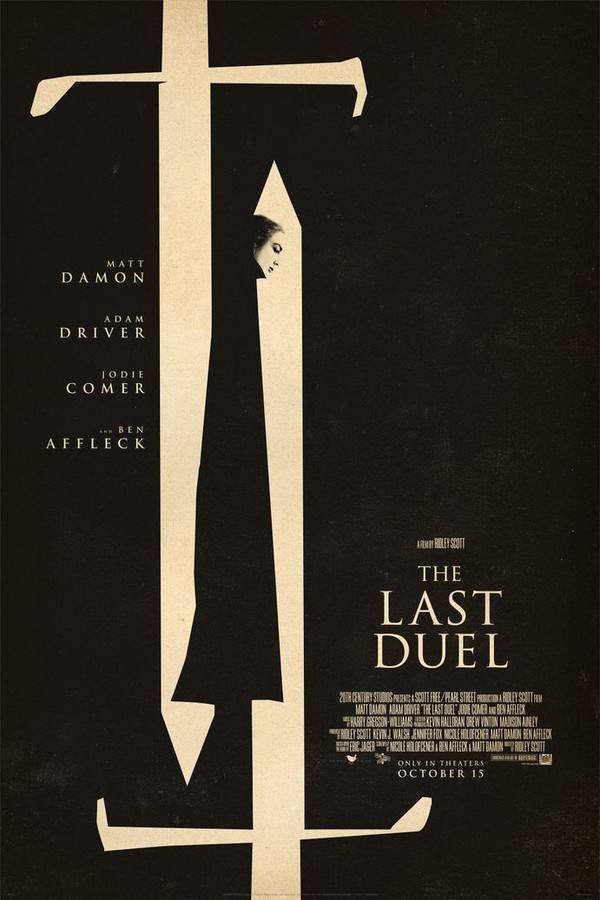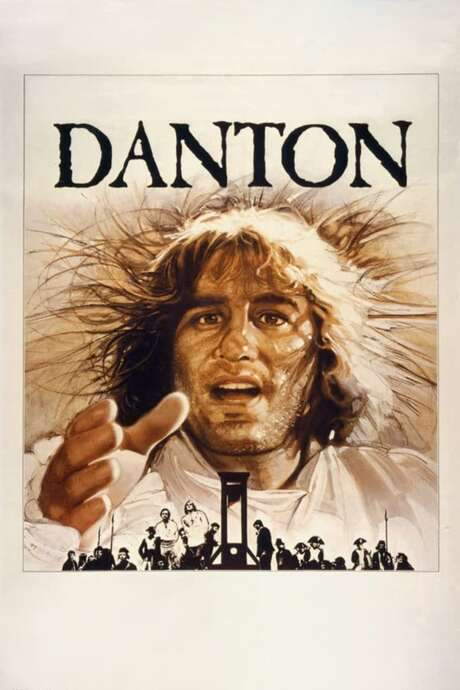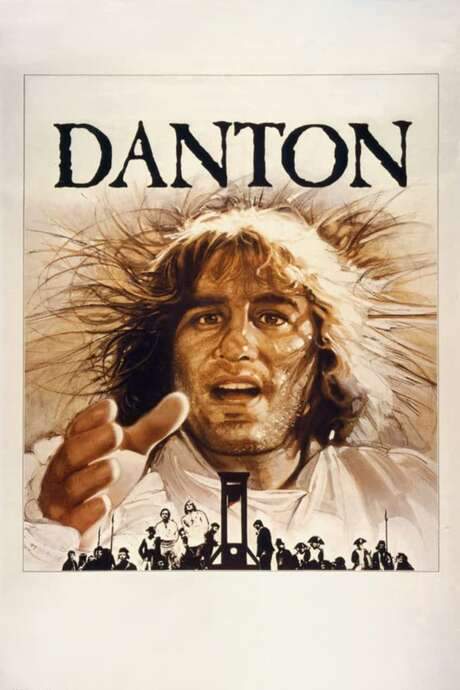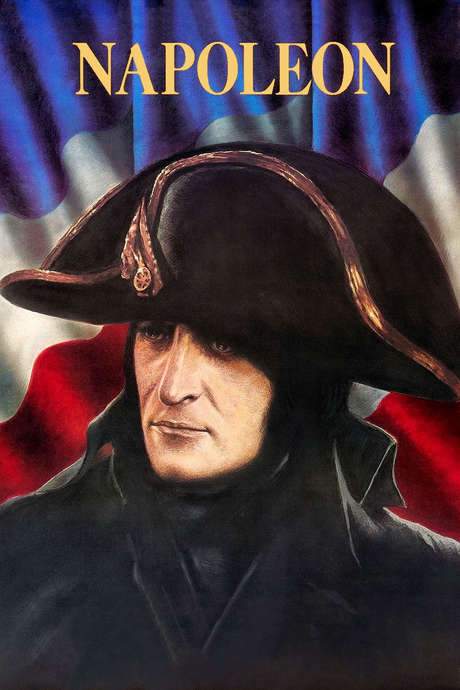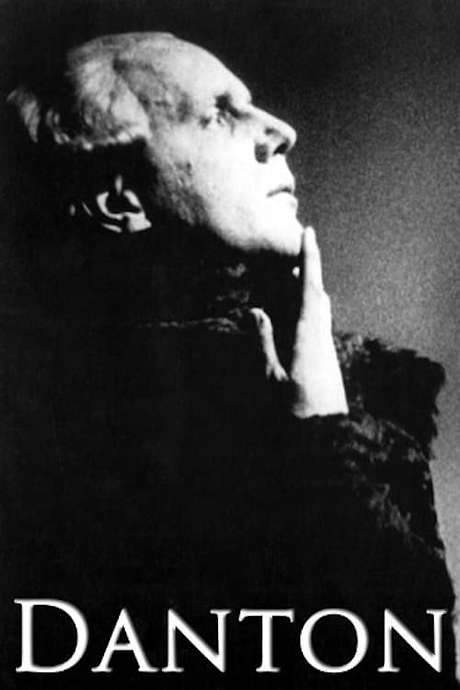The Duellists 1978
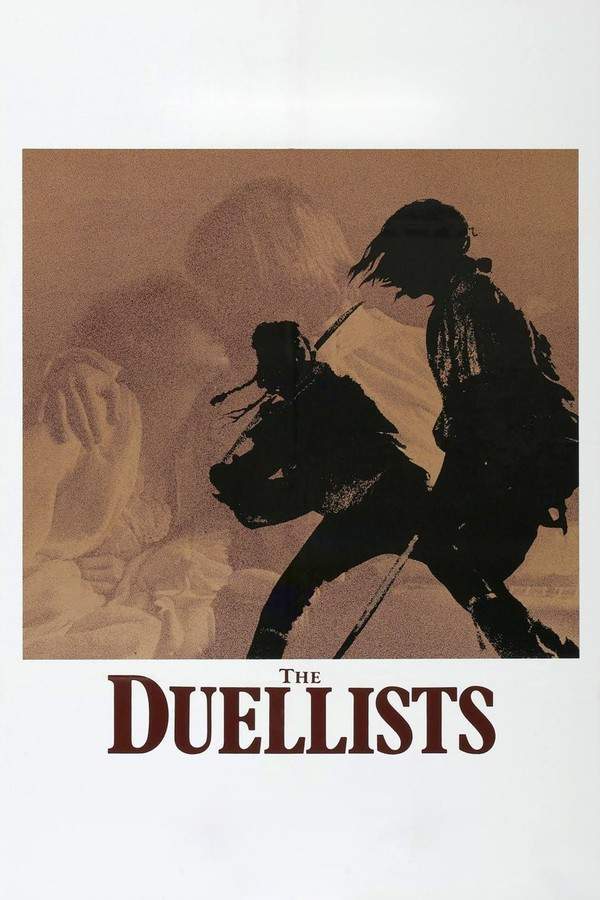
Two French soldiers, Armand d'Hubert and Gabriel Féraud, find themselves locked in a prolonged and escalating cycle of duels following a minor disagreement. Serving under Napoleon's command, their personal feud persists for fifteen years as they advance through the ranks, becoming generals. Despite the passage of time and the ongoing war, their mutual animosity remains intense, fueled by an initial dispute that fades from memory.
Does The Duellists have end credit scenes?
No!
The Duellists does not have end credit scenes. You can leave when the credits roll.
Meet the Full Cast and Actors of The Duellists
Explore the complete cast of The Duellists, including both lead and supporting actors. Learn who plays each character, discover their past roles and achievements, and find out what makes this ensemble cast stand out in the world of film and television.
External Links and Streaming Options
Discover where to watch The Duellists online, including streaming platforms, rental options, and official sources. Compare reviews, ratings, and in-depth movie information across sites like IMDb, TMDb, Wikipedia or Rotten Tomatoes.
Ratings and Reviews for The Duellists
See how The Duellists is rated across major platforms like IMDb, Metacritic, and TMDb. Compare audience scores and critic reviews to understand where The Duellists stands among top-rated movies in its genre.

70
Metascore
7.7
User Score


%
TOMATOMETER

0%
User Score

73
%
User Score
Take the Ultimate The Duellists Movie Quiz
Challenge your knowledge of The Duellists with this fun and interactive movie quiz. Test yourself on key plot points, iconic characters, hidden details, and memorable moments to see how well you really know the film.
The Duellists Quiz: Test your knowledge on the gripping tale of rivalry and honor in The Duellists.
What event triggers the rivalry between Feraud and d'Hubert?
A duel
A promotion
A war
An affair
Show hint
Awards & Nominations for The Duellists
Discover all the awards and nominations received by The Duellists, from Oscars to film festival honors. Learn how The Duellists and its cast and crew have been recognized by critics and the industry alike.
32nd British Academy Film Awards 1979
Best Cinematography
Best Costume Design
Full Plot Summary and Ending Explained for The Duellists
Read the complete plot summary of The Duellists, including all major events, twists, and the full ending explained in detail. Explore key characters, themes, hidden meanings, and everything you need to understand the story from beginning to end.
In the charming city of Strasbourg in 1800, tensions escalate dramatically when Lieutenant Gabriel Feraud, a fervent Bonapartist and passionate duelist, nearly kills the Mayor’s nephew during a fierce duel. The fallout from this dangerous incident forces Mayor Brigadier-General Treillard to intervene, ordering Lieutenant Armand d’Hubert, of the 3rd Hussars, to place Feraud under house arrest. However, Feraud perceives this command as a personal slight and promptly challenges d’Hubert to a duel, which ends abruptly as Feraud loses consciousness before a clear resolution can be reached.
This initial clash serves as a catalyst for a series of tumultuous events. The chaos of war provides a brief pause in their rivalry, but six months later, Feraud once again confronts d’Hubert, leading to a duel that leaves d’Hubert gravely injured. As d’Hubert recuperates, he focuses on honing his fencing skills, only to face Feraud once more in a subsequent duel. This encounter spirals into a savage wrestling match, ultimately interrupted by outside intervention, illustrating the fierce animosity boiling between the two men.
With d’Hubert’s promotion to captain offering a sliver of hope—given that military protocol forbids dueling between officers of differing ranks—he is dispatched to Lübeck, where he is taken aback to find that Feraud has also risen in rank to captain. Just weeks ahead of d’Hubert’s expected promotion to major, he attempts to slip away unnoticed but is thwarted by Feraud’s timely challenge. During this confrontation, d’Hubert’s former lover, Laura, cautions him against the fatalistic path of dueling, foreboding his inevitable demise.
Despite her warnings, the duel ensues, and d’Hubert ultimately triumphs, wounding Feraud and forcing him to concede defeat. Elated, d’Hubert prepares to leave the field, but soon learns that Feraud’s regiment is being sent to Spain while he remains in Northern Europe, trapped in a perpetual cycle of vendettas and violence.
As the French Army retreats from Moscow, d’Hubert and Feraud, now both colonels, unintentionally reunite amid the chaos of war. Initially distrustful, they must set aside their rivalry to collaborate in a desperate attempt to reconnect with their forces. The tension escalates when Feraud seeks volunteers to track down Russian Cossacks, with d’Hubert being the sole officer to join him. Their mission quickly turns perilous as they fall under attack. With quick reflexes, Feraud dispatches one foe, while d’Hubert skillfully defends against the others. In the aftermath, d’Hubert wryly remarks, >“Pistols next time,” implying their conflict is far from over, and he offers Feraud a drink to celebrate their narrow escape. However, Feraud’s distant demeanor speaks volumes, as he coldly accepts the gesture without a word.
Post-Napoleon’s exile to Elba, d’Hubert recuperates at his sister Leonie’s home where he meets the enchanting Adele. As their romance flourishes, Colonel Perteley—a devoted Bonapartist—pressures d’Hubert to rejoin the Napoleonic faction, but he remains steadfast. Feraud, upon learning of d’Hubert’s refusal, labels him a traitor, his disdain palpable.
The drama escalates following Napoleon’s defeat at Waterloo, leading d’Hubert to marry Adele and enlist in the service of Louis XVIII. Meanwhile, Feraud faces dire consequences for his actions during the Hundred Days war, finding himself captured and sentenced to execution. Unbeknownst to him, it is d’Hubert who intervenes, imploring the Minister of Police to spare Feraud’s life. As a result, Feraud is granted parole but must live under close supervision. Meanwhile, d’Hubert and Adele look forward to welcoming their first child.
As d’Hubert’s standing rises in the new French Army, a surprising challenge arrives from Feraud, demanding a pistol duel. Reluctantly adhering to the code of honor, d’Hubert accepts the duel invitation. The two warriors meet at a dilapidated château, reminiscent of their troubled past. In a startling twist, Feraud’s careless ruse allows d’Hubert an advantage. Instead of swiftly eliminating his adversary, d’Hubert seizes the moment, declaring his life is now in d’Hubert’s hands, thus mandating that Feraud “conduct [himself] as a dead man,” never again daring to provoke a duel.
As d’Hubert finally finds solace in a quiet life with his beloved, Feraud is confined to a lonely outpost, his life now a shadow of its former glory, consumed by a fading obsession for dueling. In starkly separate worlds, one man enjoys domestic tranquility while the other, bound by history and rivalry, endures a slow, haunting decline, echoing the fate of his once-glorious leader, caught in the relentless grasp of a bygone era.
Uncover the Details: Timeline, Characters, Themes, and Beyond!

Coming soon on iOS and Android
The Plot Explained Mobile App
From blockbusters to hidden gems — dive into movie stories anytime, anywhere. Save your favorites, discover plots faster, and never miss a twist again.
Sign up to be the first to know when we launch. Your email stays private — always.
Watch Trailers, Clips & Behind-the-Scenes for The Duellists
Watch official trailers, exclusive clips, cast interviews, and behind-the-scenes footage from The Duellists. Dive deeper into the making of the film, its standout moments, and key production insights.
The Duellists Themes and Keywords
Discover the central themes, ideas, and keywords that define the movie’s story, tone, and message. Analyze the film’s deeper meanings, genre influences, and recurring concepts.
The Duellists Other Names and Titles
Explore the various alternative titles, translations, and other names used for The Duellists across different regions and languages. Understand how the film is marketed and recognized worldwide.
Similar Movies To The Duellists You Should Know About
Browse a curated list of movies similar in genre, tone, characters, or story structure. Discover new titles like the one you're watching, perfect for fans of related plots, vibes, or cinematic styles.
Quick Links: Summary, Cast, Ratings, More

What's After the Movie?
Not sure whether to stay after the credits? Find out!
Explore Our Movie Platform
New Movie Releases (2026)
Famous Movie Actors
Top Film Production Studios
Movie Plot Summaries & Endings
Major Movie Awards & Winners
Best Concert Films & Music Documentaries
Movie Collections and Curated Lists
© 2026 What's After the Movie. All rights reserved.





